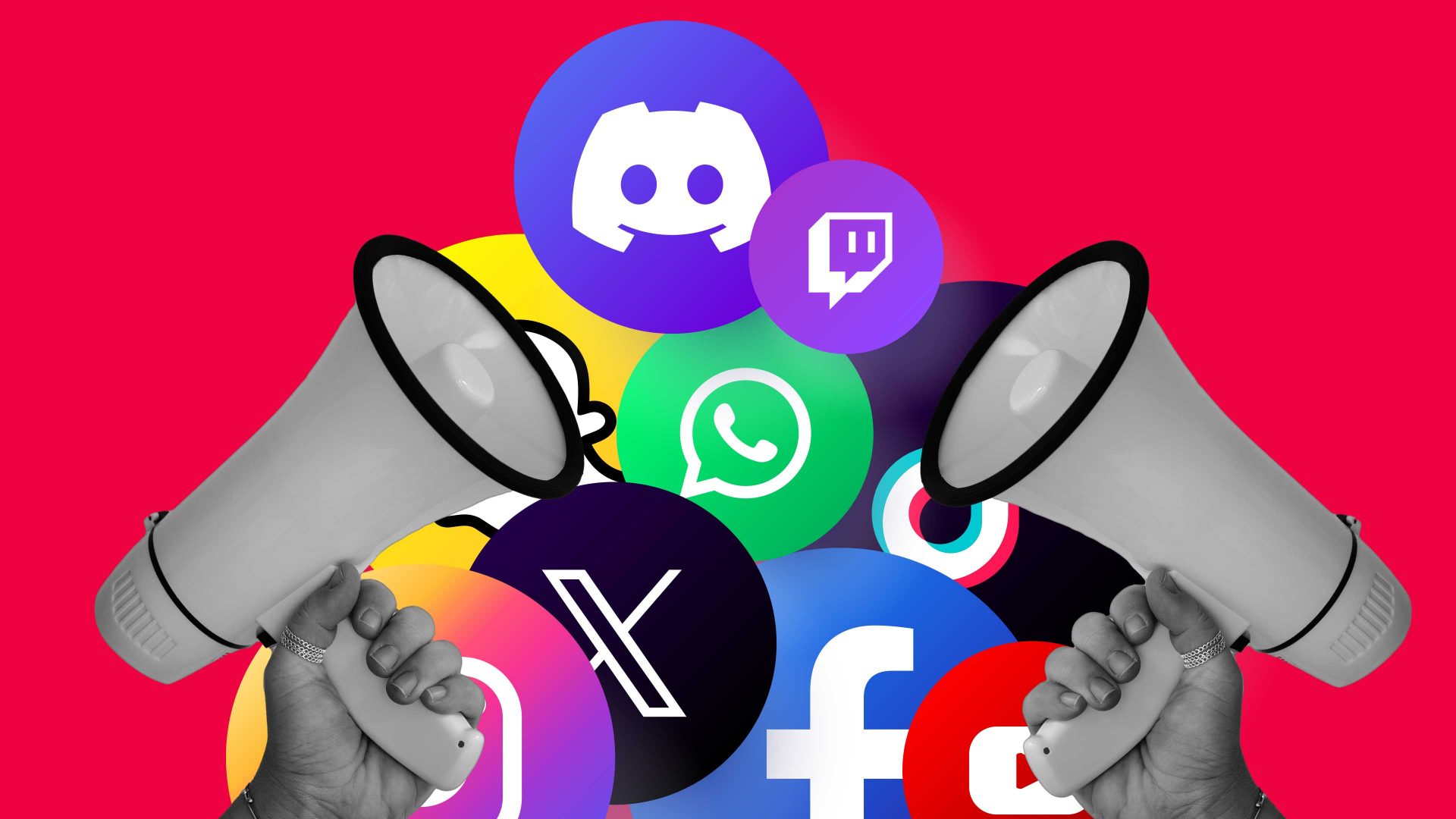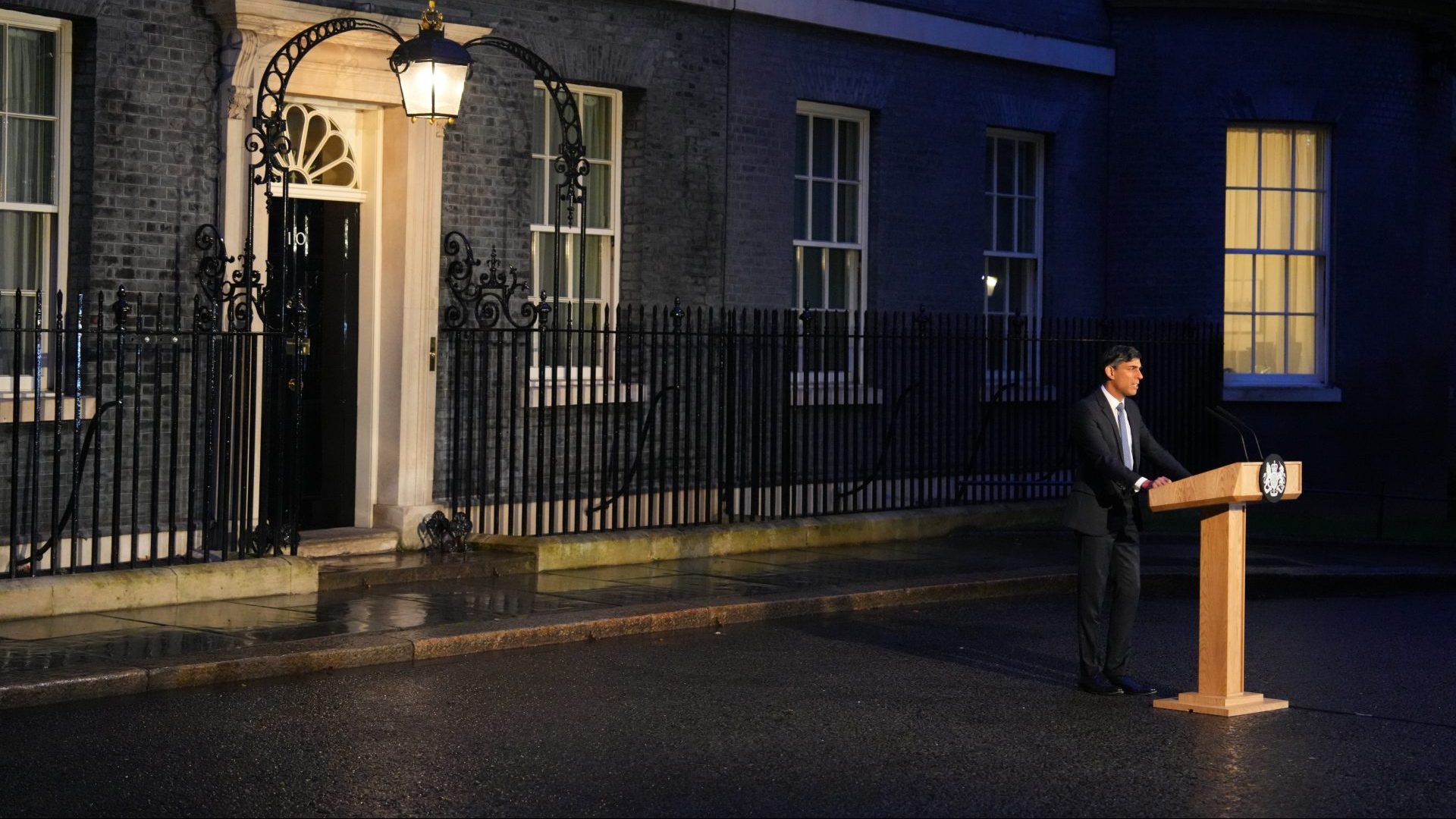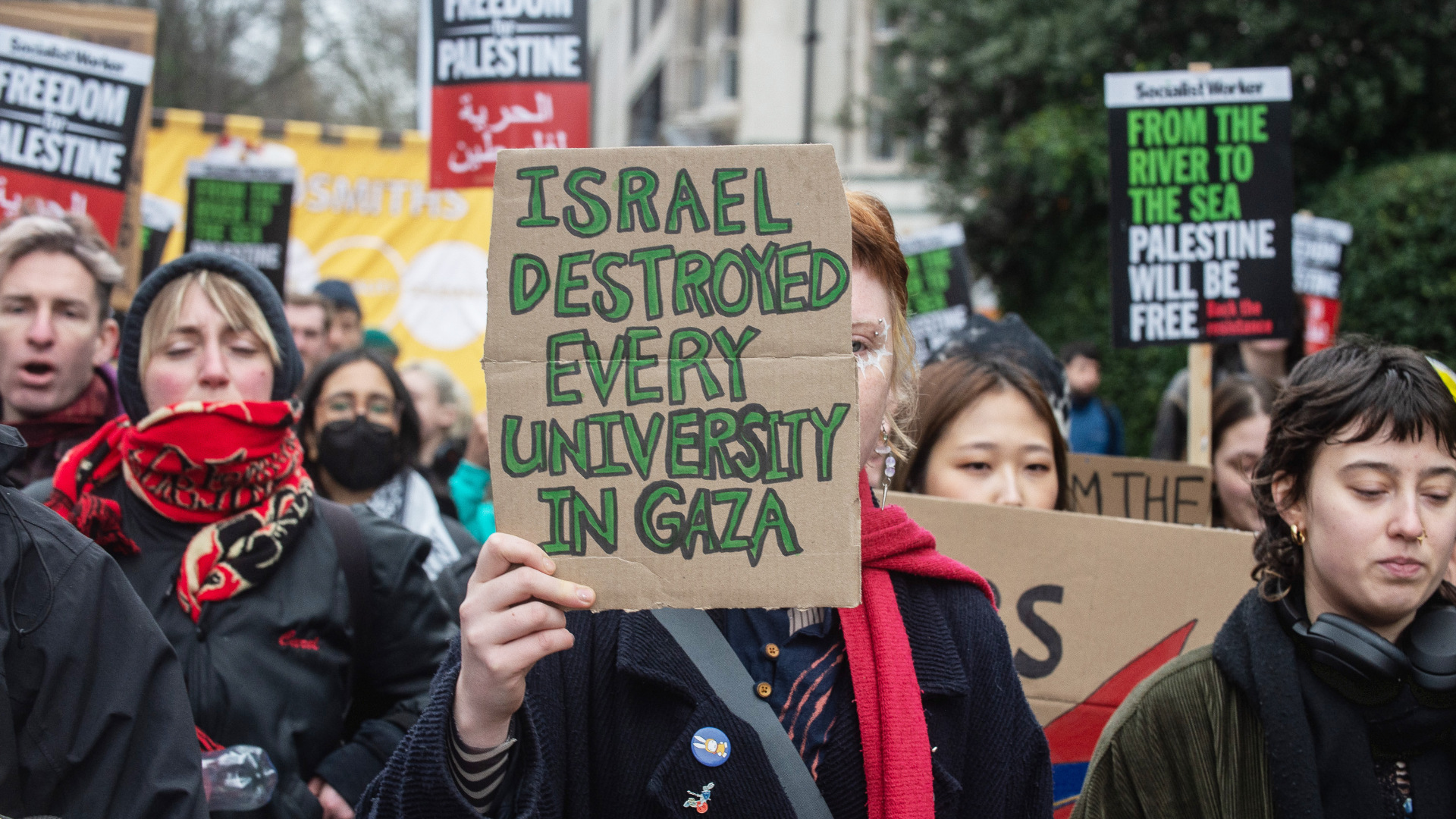En route to Heathrow for my flight to Adelaide, I stopped off at the QE2 centre in Westminster to speak at the launch of the 2024 Soft Power Index. This is a fascinating annual report which measures the soft power of every country in the world, according to a set of metrics and methodology too complex to explain fully here, but essentially based on a huge assessment of how all countries are viewed by people in other countries.
As last year, the US came top, with the UK second, despite “mob rule” (sic), “no-go areas” and the threat to democracy which our rulers appear to view as the state of Britain after their 14 years in charge. The big change, however, was China rising from fifth to third, nudging Japan and Germany downwards.
As I explained on the panel I shared with shadow foreign secretary David Lammy, CNN’s Fareed Zakaria, and Jamie Hyman from report authors Brand Finance, this was to my mind evidence of China using soft power tactics as part of a hard power approach to their place in the world. What Xi Jinping’s friend and ally Vladimir Putin calls “hybrid warfare.”
It is surely one of the ironies of the modern world that social media, which was welcomed in its infancy as a democratising development for humanity, giving a voice to anyone who wanted one, has ended up as such a useful tool for the dictatorships which seek to undermine the leading democracies of the world, helped by useful idiots inside them.
China has invested hugely in many of the countries in which the dial has moved in their favour, both in terms of infrastructure and development, but on the propaganda front too. As with Russia, their information operations are as much about ventilating negative messages about other countries, especially America and its allies, as they are about promoting positive attributes of their own.
The French security services have uncovered a Russian operation, codenamed Portal Kombat, to promote extreme right wing candidates in the upcoming European elections. It builds on what the Russians view as their success in similar influence operations in the Brexit referendum and the Trump win of 2016. The French have identified a network of 193 Russian websites set up to spread fake news and disinformation in Europe and in the upcoming US presidential election.
It partly explains why the US State Department has set up a new body, the Global Engagement Center, aiming to tackle Russian, Chinese and Iranian disinformation. They are currently fighting, for example, a Russian campaign in various parts of Africa to undermine PEPFAR, the hugely successful project set up under George W Bush to combat HIV/Aids, which has saved tens of millions of lives.
US diplomat Jamie Rubin, a friend and former colleague from the days we worked together during the Kosovo war in 1999, is now at the GEC, and says the disinformation challenge is greater than any he has ever worked on. “The fact the Russians will deliberately try to persuade people not to trust medicine which could save their lives, simply to spread the anti-American message, shows what we are up against,” he told me last week.
The reason the challenge is so great is that, as democracies, we allow Russia and China far greater access into our media ecosystems than we can gain into theirs, which gives them a huge asymmetric advantage. That advantage grows when the useful idiots step in to ventilate their messaging, and when the actual president of the US (not the current one, but the last one who is trying to be the next one) is Putin’s Useful Idiot Number 1, we really are in trouble.
When I raised PEPFAR on the Soft Power panel, Fareed Zakaria pointed out that there was now a concerted move against the programme from the Republican right, who fail to see how spending billions stopping the spread of Aids in Africa can possibly fit with an America First view of the world; and so helping Putin damage the stated policies of the country they claim to be putting first.
Oh, and for the record: Russia is down three places from 13 to 16; Ukraine, which rose markedly following the invasion by Russia two years ago, is down seven from 37 to 44, probably as a result of war fatigue. China up on the podium; Russia down less than Ukraine. “Result,” they will be saying in the Kremlin.
David Lammy seemed happy enough when I did my usual show of hands on “who will be PM after the election?” No hands were raised for Sunak, giving it 100% to Keir Starmer. So if the assorted gathering of diplomats, business people and journalists are right, Lammy can expect to be foreign secretary before the year is out.
It was therefore music to my ears that he was at his most passionate, and incidentally received the loudest applause, when he spoke of arts and culture as being central to repairing the damage done to Britain’s standing in the world in recent years. A real plan for Britain as a Cultural Superpower… I’m convinced it can help deliver votes for Labour ahead of an election, and help Britain recover from the mob rule after it.
Great front cover again last week, lads and lasses (writes the hands-off editor-at-large in his role as general all-round encourager of the small team of people working their butts off to make the New European one of the best features of the UK’s weird media landscape).
Breathtaking indeed. If you haven’t yet seen the ITV dramatisation of Dr Rachel Clarke’s account of life on the Covid frontline, you must. As with the ITV dramatisation of the Post Office scandal, it seemed closer to reality than so many of the millions of words printed and broadcast as news during the crisis four years ago. Four years!
In an ever-faster world, our attention spans have shortened, and with it our memories too. But we must never, ever forget the core reality of that period. Which is this:
The doctors, nurses, ambulance drivers, NHS staff and the millions of people who followed the orders of the government because they believed that, in a time of national crisis, the government could be trusted, were so badly let down by the liars and narcissistic charlatans who were in charge. Every time Boris Johnson’s face or voice came on, I felt the rage he provoked at the time all over again.
The best of Britain let down by the worst of Britain… that is the story this series has captured. It’s why you really should watch it, for all the painful memories it revives; and it’s why, in any battle between NHS workers and this government, I know which side we should be on.
Talking of dramatisation … breaking news … I have been signed up for a cameo role in the planned ITV drama about the phone-hacking scandal. So I shall be able to add “co-starring with David Tennant in major TV production” to my CV. Well, co-starring might be overstating a tad, given I only have one line, but DT is in “my scene”, as doubtless nobody else is calling it.
PS: Have you noticed a pattern? ITV drama… ITV drama… ITV drama … I know the BBC is under constant pressure from a government determined to do what it can to ruin one of Britain’s greatest soft power assets, but the Beeb doesn’t always help itself, and braver commissioning is called for. It is certainly helping ITV right now.




